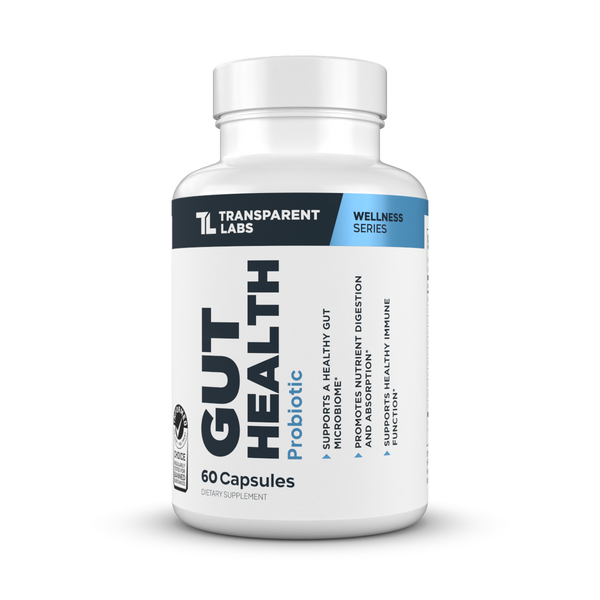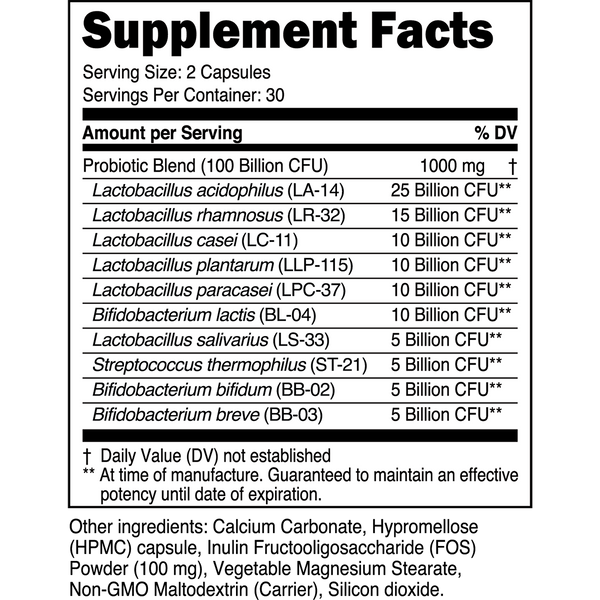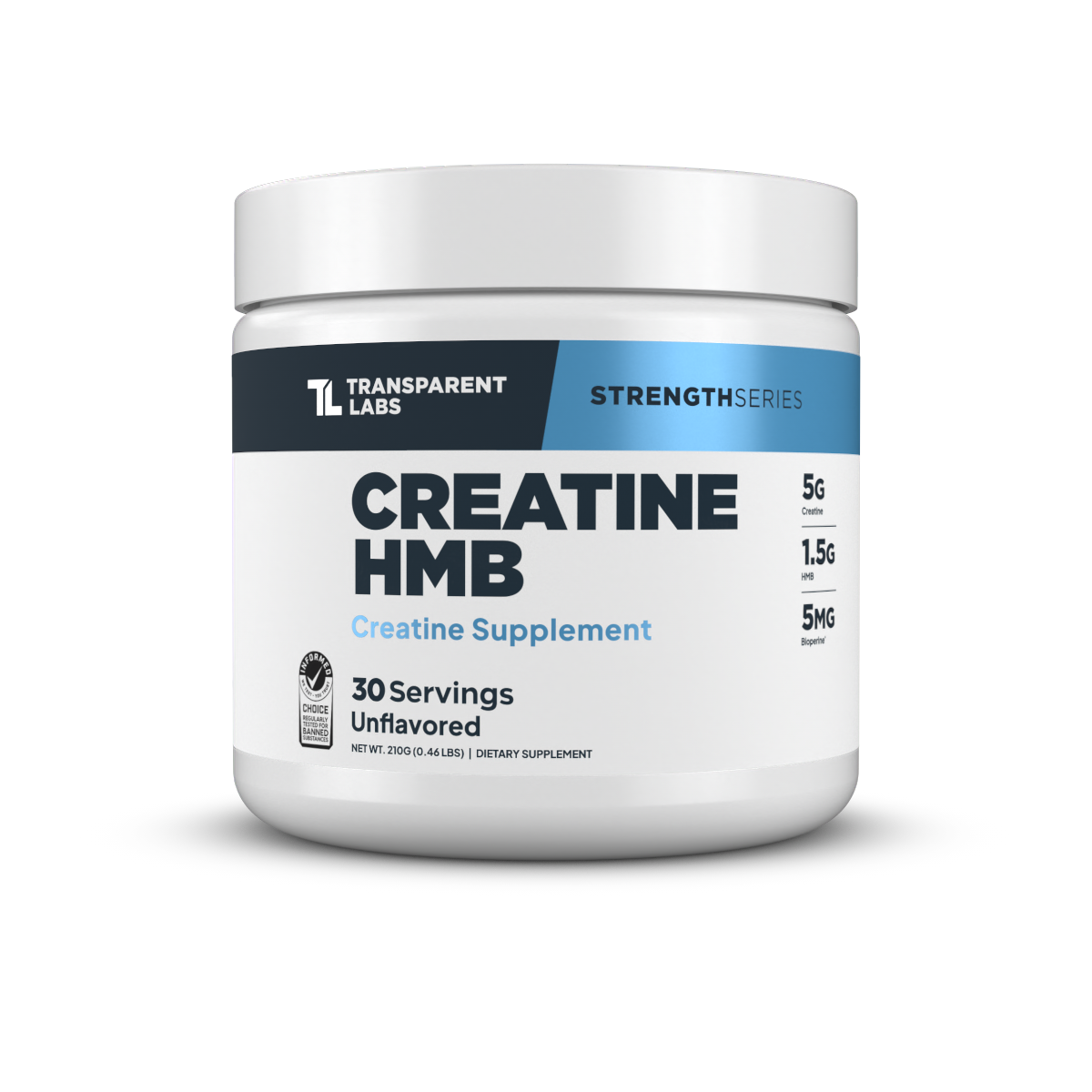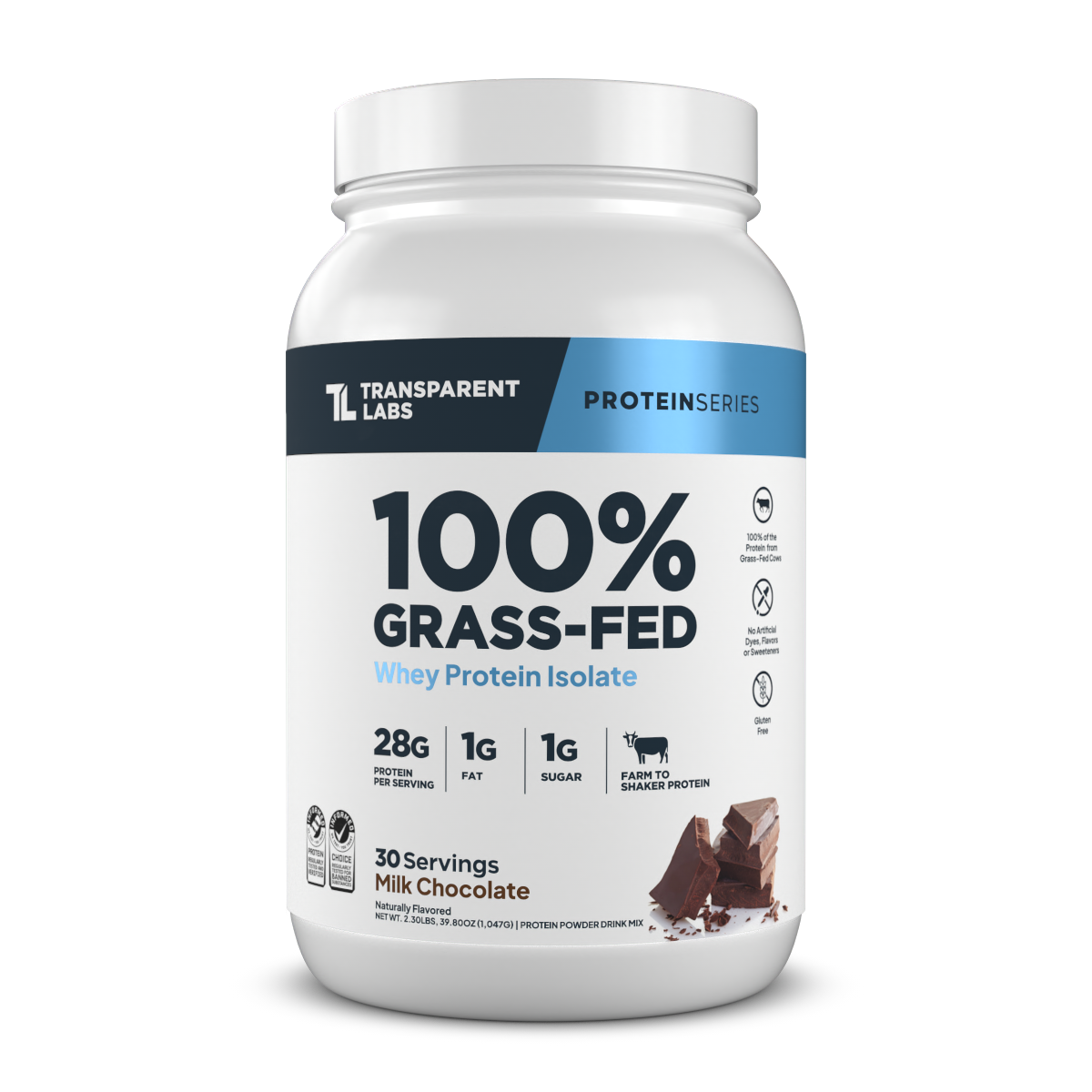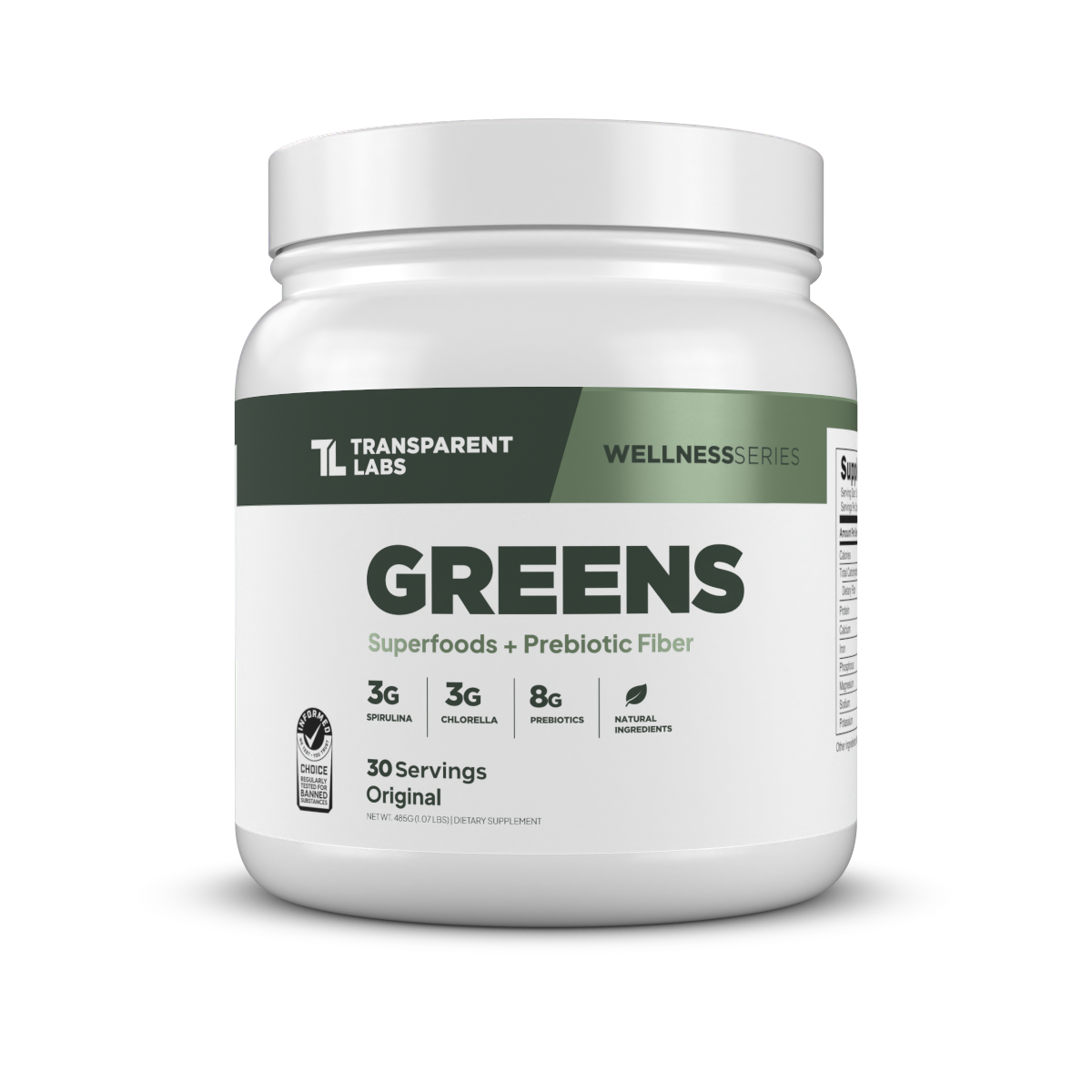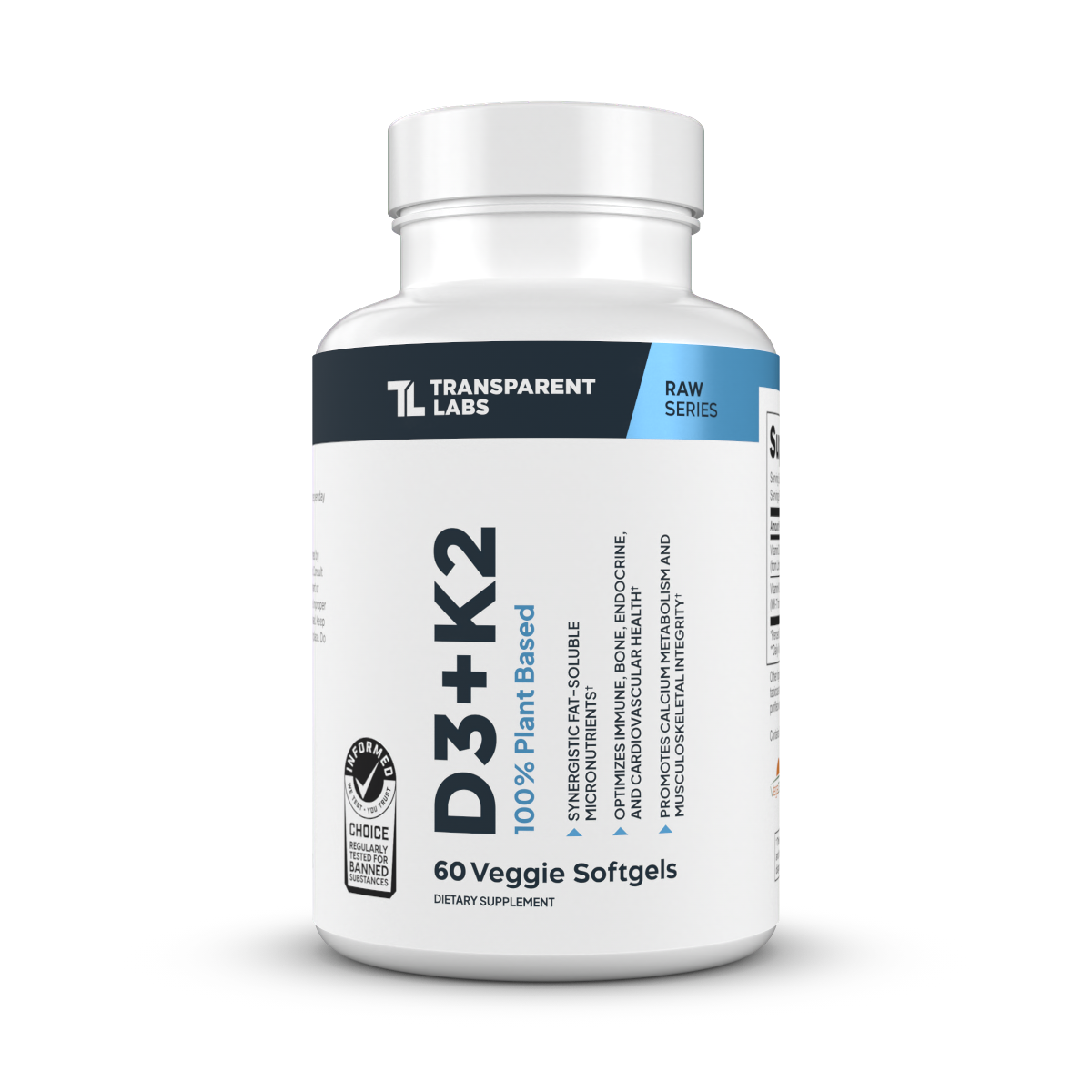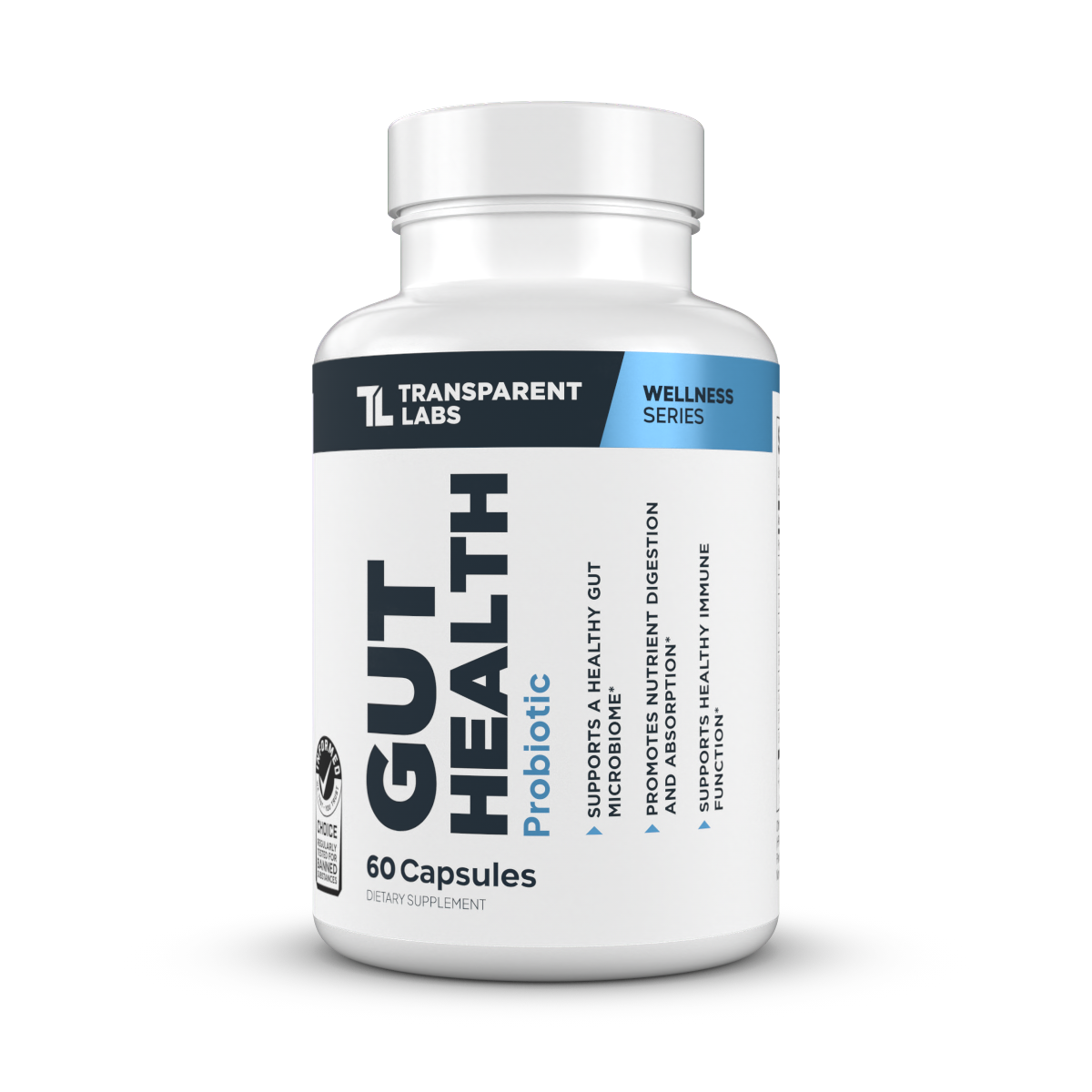
Probiotic Advanced Gut Health Formula
Serving Size:
Third-Party Testing
We believe trust is earned through transparency. That’s why we provide full access to our third-party test results, so you can feel confident in what you’re taking. View all third-party tests.

Transparent Labs advanced gut health formula delivers a potent 100 billion CFUs from 10 scientifically-validated probiotic strains—each selected for their unique role in supporting digestive health, immune function, and microbiome diversity. Unlike single-strain options, this multi-strain blend works together to target multiple areas of health, offering broader and more comprehensive support.
For athletes and active individuals, a healthy gut isn’t just about digestion—it’s a performance advantage. The gut is connected to almost every organ system in the body, and an unhealthy gut can have downstream effects on other areas of health. The gut influences immune health, mental wellbeing, cardiovascular health, and metabolism. When training intensifies, its even more important to take a quality probiotic gut since exercise is a known disruptor of digestion and intestinal health. Whether you're chasing PRs or pushing through demanding workouts, this probiotic helps keep your body in peak condition from the inside out.
Gluten-free, non-GMO, and vegan-friendly, it's designed to align with clean, high-performance lifestyles.
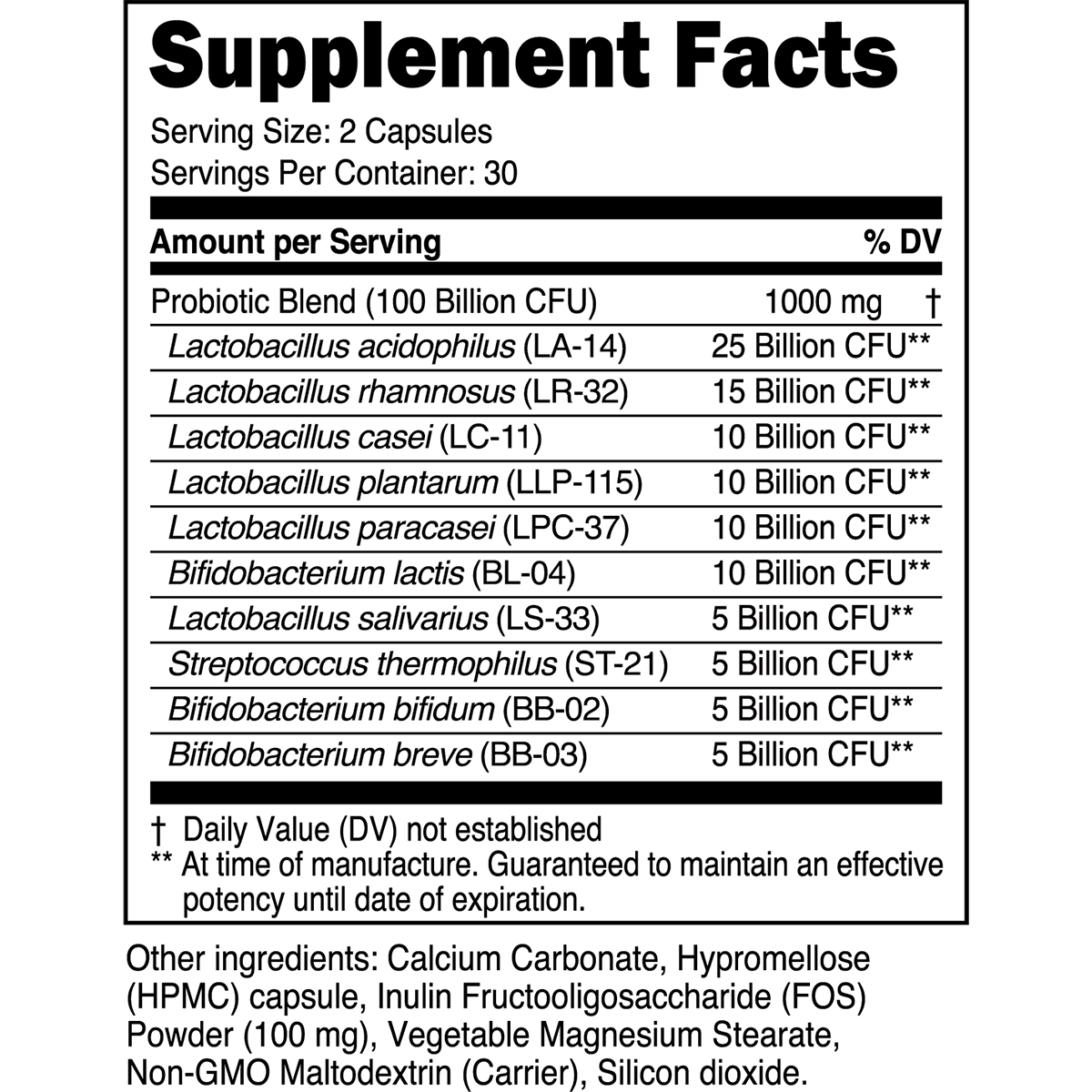
Orders in the US over $99 ship free.
Once your order has shipped out from our fulfillment center, you will receive a Shipping Confirmation email. If you selected a tracked shipping method, you will receive your tracking information, along with the necessary steps to track your order, within this email. Please note, orders are generally fulfilled same day or next business day.
Click here for the full shipping and delivery guide »
45 Day Satisfaction Guarantee
If you are not satisfied with your product, we will offer you a full refund or store credit for the value of the item within 45 days of delivery.
Click here for the full refund policy »
why use Probiotic Advanced Gut Health Formula?
This high-potency, multi-strain probiotic supports digestion, immune health, and nutrient absorption—helping active individuals optimize performance, recovery, and overall gut balance.
Promote Healthy Digestive Function
Lactobacilli and Bifidobacteria support healthy digestive function and ease occasional digestive discomforts like gas and bloating.

Support a Balanced Gut Microbiome
Deliver 100 billion CFU of healthy bacteria to the gut to promote a diverse and well-functioning gut microbiome.

Reinforce Gut-Immune Function
With nearly 80% of your immune system residing in the gut, a healthy microbiome is critical for robust immune defense.



